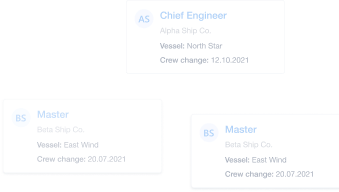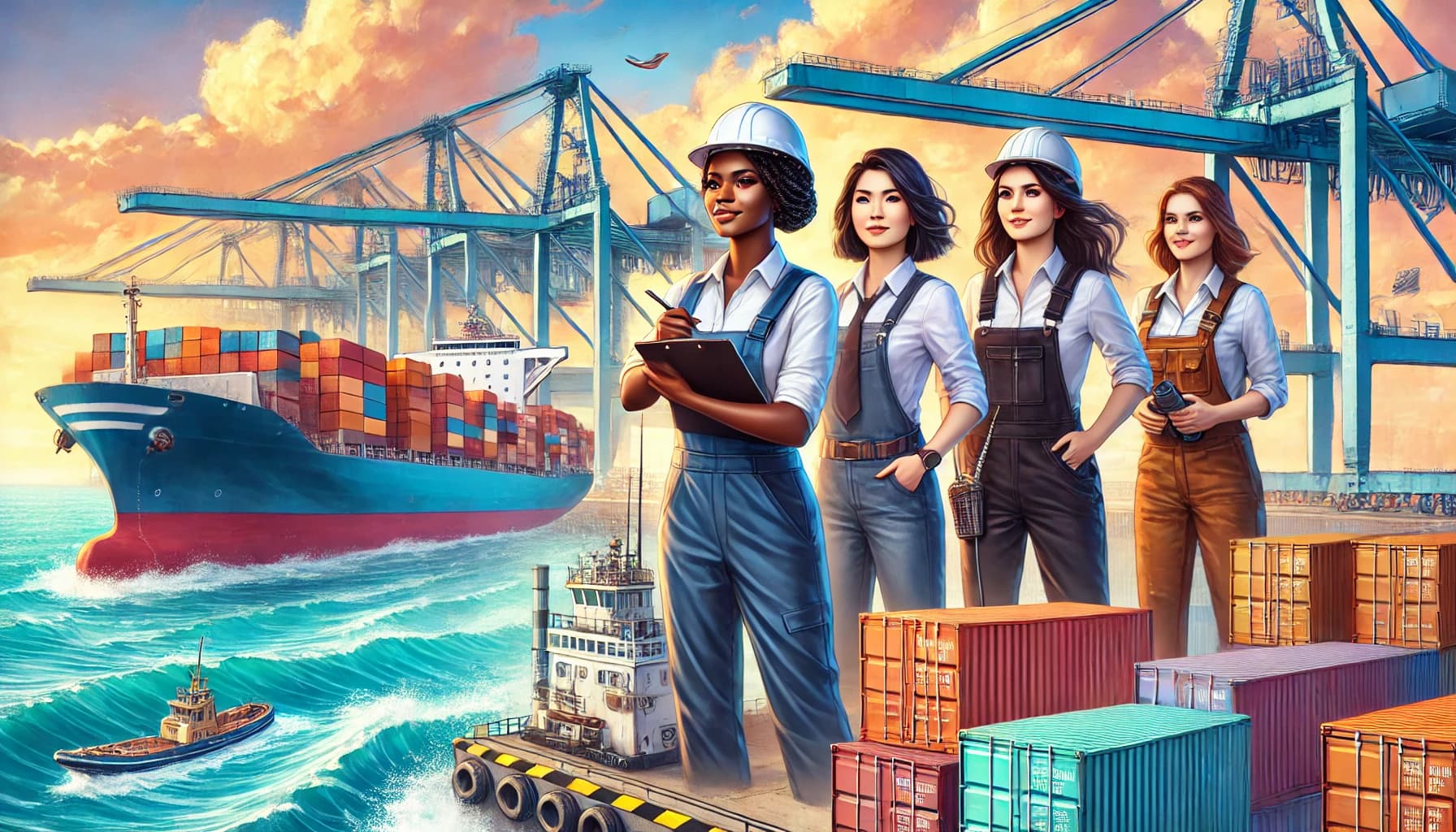Smart Shipping, Artificial Intelligence & the Maritime Industry
Jun 11, 2024 · 9 mins read ·
Maritime Industry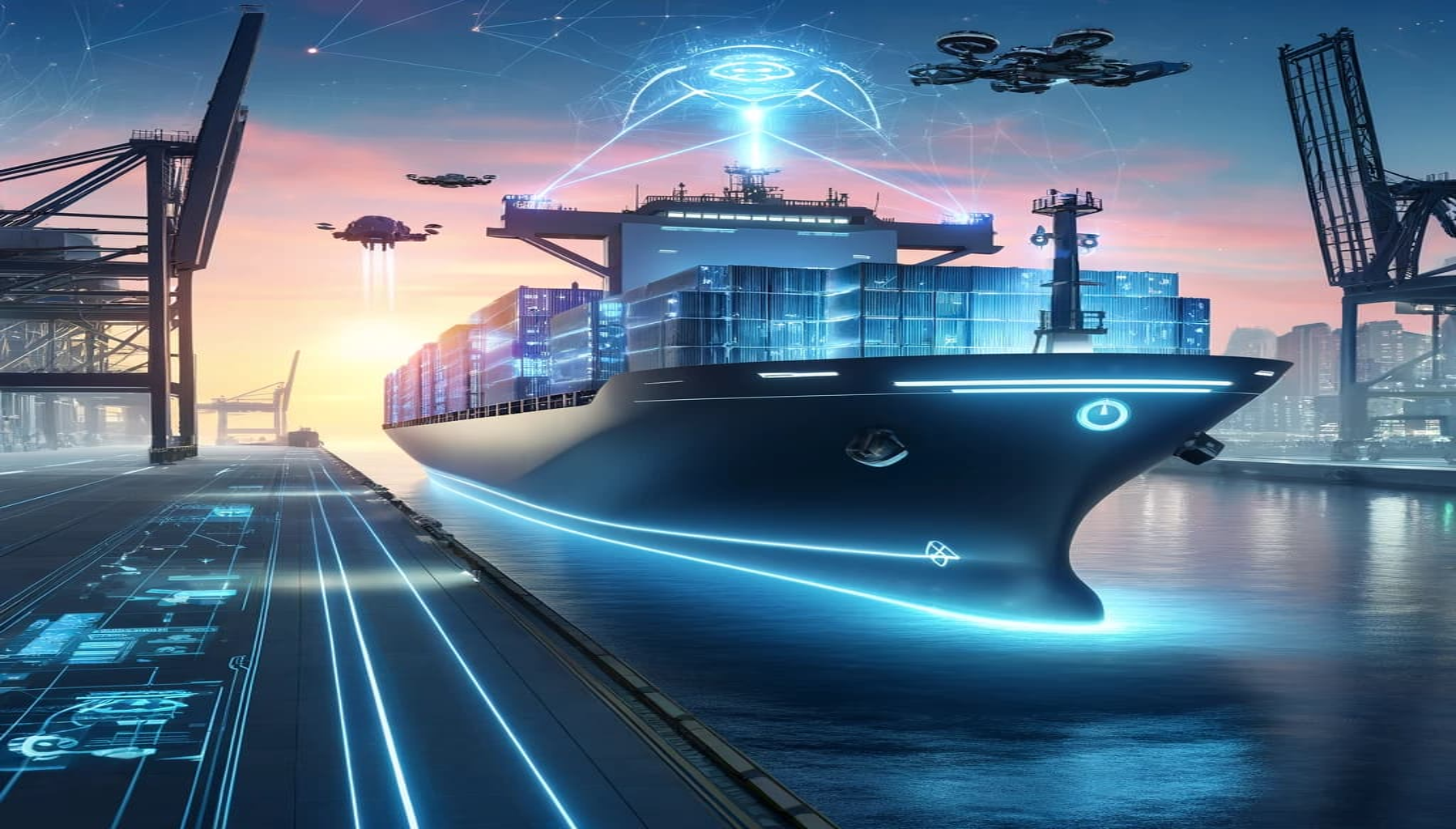
In recent years, the shipping industry, one of the oldest and most essential global trade facilitators, has begun to undergo a transformation. This change is driven by advancements in artificial intelligence (AI) and related technologies, leading to a new era often referred to as "smart shipping."
It’s a phrase you may well have come across before, but what actually is smart shipping? Want to know more? Keep on reading as we take a deep dive into the changing face of maritime technology.
What is smart shipping and what does it have to do with AI?
Smart shipping encompasses the integration of artificial intelligence with maritime operations to enhance efficiency, safety, and environmental sustainability. In this blog post, we’ll explore how AI is reshaping the maritime world by turning conventional ships into sophisticated, automated vessels that can navigate the vast oceans more intelligently and safely.
Efficiency optimization through AI
One of the primary applications of artificial intelligence in shipping is improving operational efficiency. AI algorithms are used to analyze vast amounts of data on weather patterns, vessel performance, and sea traffic to optimize routes.
This not only shortens travel time but also reduces fuel consumption, cutting down on operational costs and greenhouse gas emissions. For instance, machine learning models can predict the best speeds and routes to avoid rough weather, saving on fuel and reducing wear and tear on the ship's machinery.
Read more: Should Your Shipping Company Adopt Blockchain Technology?
In addition to this, AI-driven predictive maintenance has become a game-changer in the industry. By continuously monitoring the condition of a ship’s equipment, artificial intelligence can predict failures before they occur, thereby minimizing downtime and extending the lifespan of the ship’s components.
This proactive approach to maintenance helps shipping companies avoid costly repairs and delays.
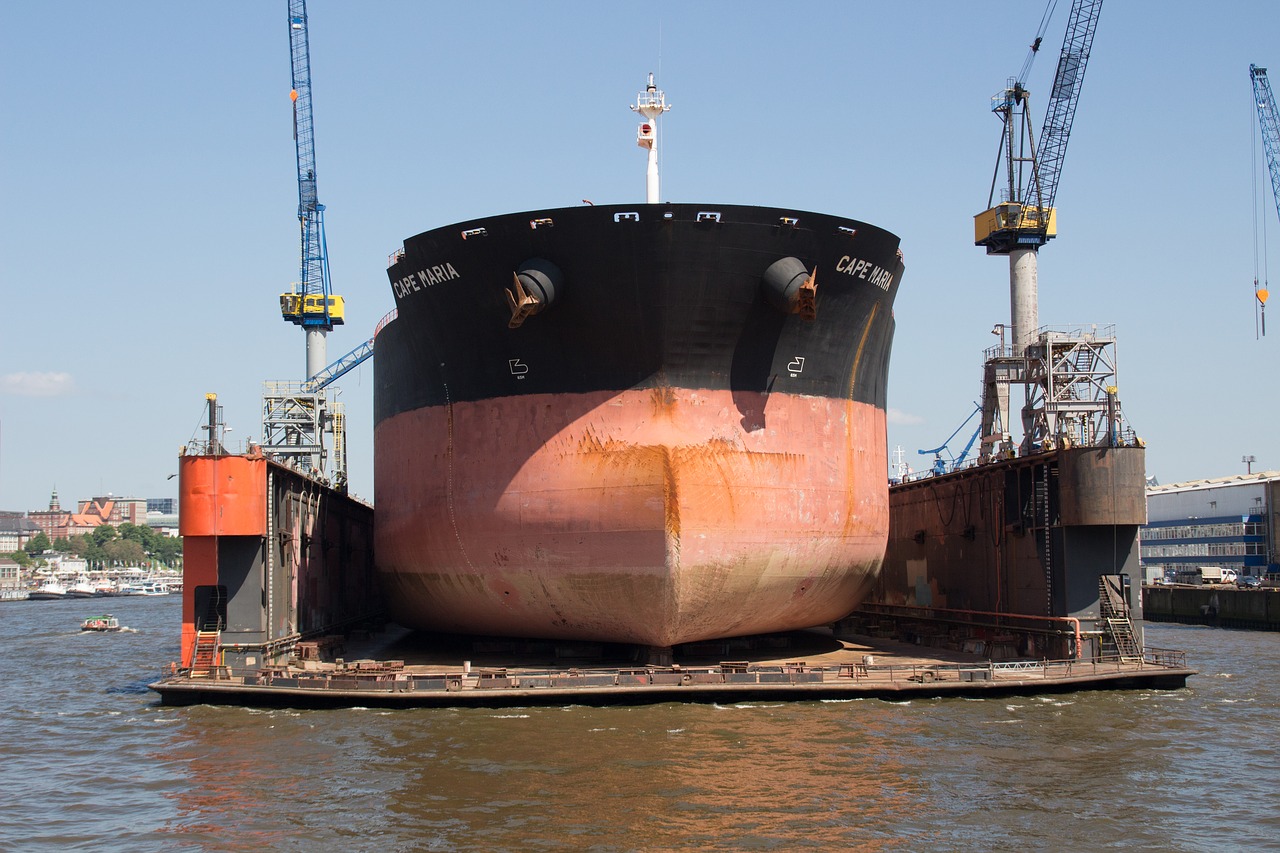
Enhanced safety and navigation
Safety is paramount in the maritime industry, and AI is significantly enhancing this aspect by providing advanced navigation systems that help in avoiding collisions and accidents.
Artificial intelligence systems process data from radar, satellites, AIS (Automatic Identification Systems), and visual feeds to create a comprehensive understanding of the ship’s surroundings.
These intelligent systems can identify potential hazards, such as nearby ships or obstacles in the water, and suggest corrective actions to the crew.
And that's not all as AI is also being used to improve onboard safety protocols. Through continuous monitoring and analysis of the crew’s activities and the ship’s operational parameters, artificial intelligence systems can detect anomalies that may indicate unsafe practices or potential emergencies, enabling timely interventions.
Read more: 4 Benefits of the Internet of Things in the Maritime Industry
Automated and autonomous ships
Perhaps the most groundbreaking application of artificial intelligence in shipping is the development of fully automated and autonomous ships. These vessels, equipped with AI systems, are capable of performing complex navigational tasks without human intervention.
Companies like Rolls-Royce and several startups have been actively developing technology for autonomous ships, which could revolutionize the industry by making it possible to operate vessels remotely or even entirely autonomously.
Autonomous ships offer several advantages, including the reduction of human error, which is a leading cause of maritime accidents. They also allow for more efficient ship design, as less space is needed for crew accommodations, leading to larger cargo capacities.
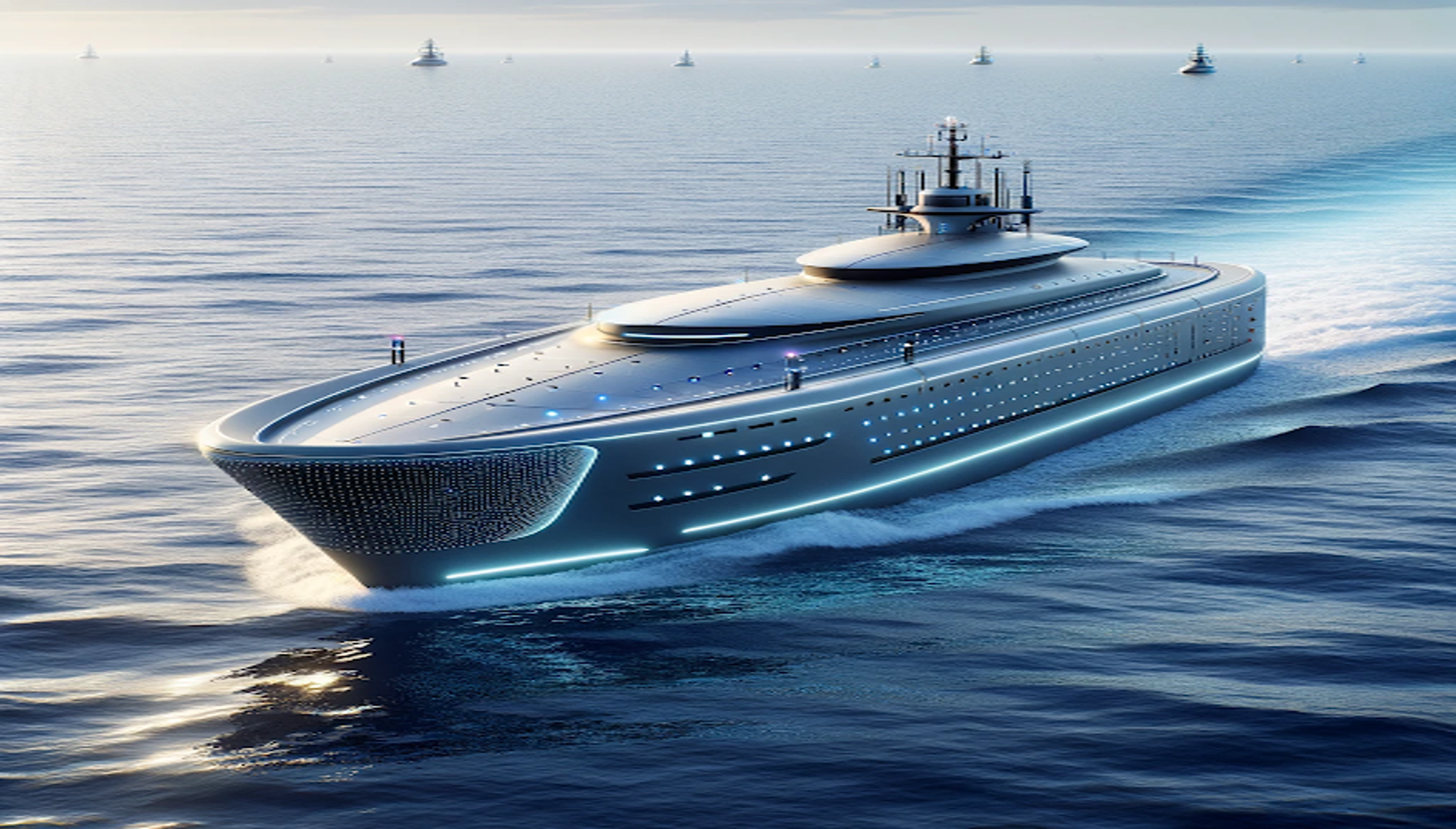
Additionally, autonomous ships could potentially operate continuously without the need for breaks, significantly increasing operational efficiency. Of course, on the flip side of this there is concern, particularly among crew, that self-driving vessels could mean the end of seafarer jobs as we know them.
Environmental sustainability
AI’s role in promoting environmental sustainability in the shipping industry cannot be overstated. By optimizing routes and improving fuel efficiency, artificial intelligence helps reduce the carbon footprint of shipping operations.
Read more: The Evolution of the Maritime Industry & Jobs at Sea
AI algorithms are also used to manage ballast water and emissions, ensuring compliance with international environmental regulations, such as those set by the International Maritime Organization (IMO).
In addition, artificial intelligence facilitates the integration of renewable energy sources into maritime operations. For example, AI can optimize the use of solar panels or wind turbines on cargo ships, adjusting to changing weather conditions to maximize energy generation and reduce reliance on fossil fuels.
Challenges and future prospects
Despite the promising benefits, the integration of artificial intelligence into the shipping industry faces several challenges. These include the high costs of implementing AI technologies, the need for substantial data for effective AI training, and concerns about cybersecurity.
Read more: How RFID is Changing the Maritime Industry
Regulatory frameworks also need to keep pace with technological advancements to ensure safety and compliance.
However, the future prospects of artificial intelligence in shipping are undeniably bright. As technology continues to evolve and become more cost-effective, it is expected that more shipping companies will adopt AI to enhance their operations.
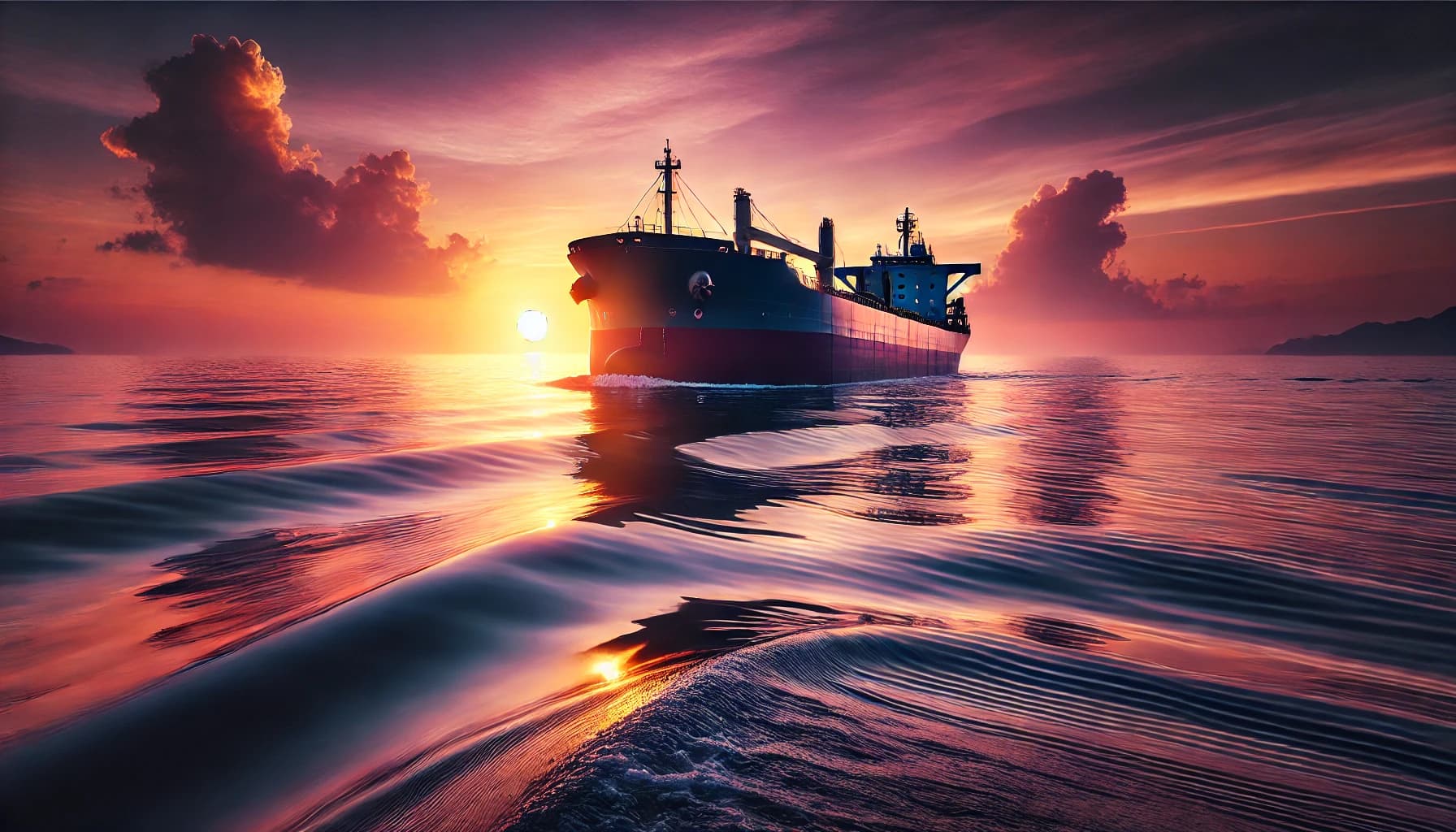
Plus, as regulatory bodies adapt to these changes, we can anticipate a smoother transition to smart shipping practices worldwide.
Artificial intelligence and the maritime industry: Conclusion
Artificial intelligence is setting the course for a major paradigm shift in the shipping industry through smart shipping. By improving efficiency, safety, and sustainability, AI is not only making shipping more economical but also more environmentally-friendly and safer.
As we navigate towards the future, the continued adoption of artificial intelligence in maritime operations promises to foster an era of innovation and transformation in one of the world's most crucial industries.
Read more: How is Marine Technology Impacting Seafarer Jobs?
How Martide uses maritime technology
At Martide we’re big fans of technology being used for the greater good, especially within the maritime industry. And although we might not be using artificial intelligence to power our maritime recruitment and crew management software (at least, not yet!) we do have some pretty sophisticated technology going on behind the scenes.
We know that many small to medium sized shipping companies and manning agencies are still using manual processes to run many different areas of their operations, however if you want to leapfrog over your competition it’s high time you started thinking about embracing technology in your maritime business.
Read more: Why You Must Harness the Power of Tech in Maritime Recruitment
To make sure that your processes and procedures are streamlined, efficient and - crucially - secure - it’s time to say goodbye to manual labor and hello to a maritime crew management system that can take care of everything from sourcing seafarer candidates to checking documents are in order, and from signing contracts through to booking travel and planning crew changes.
Martide’s maritime recruitment and crew planning software system uses technology to power all of the above and best of all, our software is customizable to your company’s needs, it’s sensibly priced, and it’s very user friendly.
If artificial intelligence sounds like a step too far into the future, we can assure you that Martide is the ideal solution for dipping your toes into the maritime technology pool!
Get in touch and ask us any questions you like, or book a free, no-strings-attached demo so that we can show you how our maritime crew management software can help your shipping company or manning agency move towards the future with confidence.

Eve Church
Eve is Martide's content writer, publishing regular posts on everything from our maritime recruitment and crew planning software to life at sea. Eve has been writing professionally for more than two decades, crafting everything from SEO-focused blog posts and website landing pages to magazine articles and corporate whitepapers.
UK
